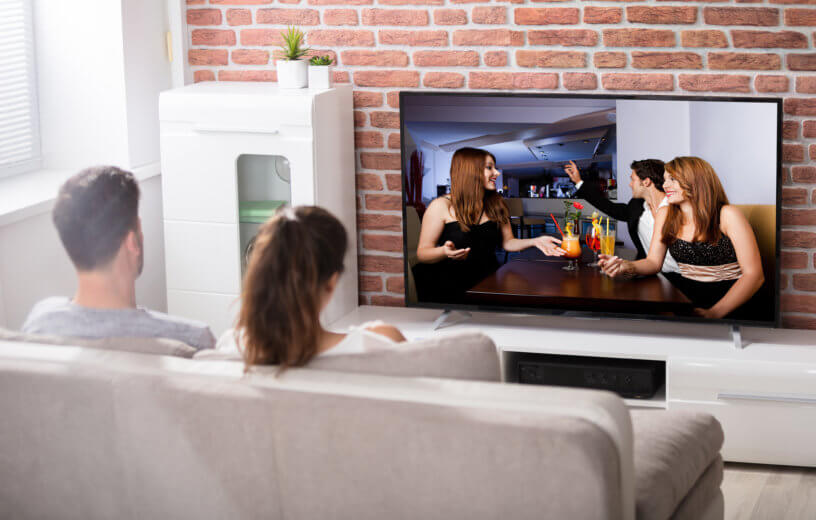YORK, United Kingdom — Reading books stimulates the imagination more effectively than watching television, a new study reveals. Researchers in the United Kingdom say this finding supports the long-held belief that screen time can diminish the brain’s imaginative capabilities.
Unlike reading, where mental visualization is necessary, television and movies present ready-made images, reducing the need for imaginative thinking. The new study highlights the crucial role of imagination in human development, influencing various abilities such as planning, creativity, and empathy.
Given its significance, especially in children, fostering imagination is of paramount importance. Therefore, encouraging reading over screen-based entertainment could be a key strategy in nurturing imaginative skills.
“More work is needed to understand how our new digital world impacts imagination, but like most things, balance seems to be the key. Some screen-time is fine, but balancing this out with things like reading, interacting with other people, exercising outdoors seems to be the best way to protect our imaginative capabilities,” says Dr. Sebastian Suggate from the University of York.
“It is important that we do protect it because it has a big impact, particularly on young children as their brains develop, and the concern is that we want to avoid having generations of people who struggle to see themselves in other people’s shoes and imagine alternative ways of addressing both big and small challenges. Many social and environmental problems provide good examples of this; in many ways we need to be able to imagine what our world was and what it will be like if we don’t do things differently.”

The research team conducted a study involving over 200 young adults to obtain their results. Participants were presented with film clips and text passages, after which they were asked to imagine and mentally compare the characteristics of familiar objects that were not featured in the film or text they had just experienced. Study authors measured the speed and accuracy of their responses.
The tasks required participants to visualize the objects in their minds, create mental images, and then to compare these images based on the appearance or feel of the objects. The study found that after watching the films, participants were slower in making these mental comparisons than after reading the texts.
“In order to produce images in the brain or mind, we rely on a number of sensory systems, and not just our ability to see,” Dr. Suggate continues in a media release.
“It takes the experiences of sight, hearing, smell, taste and touch to produce a response to the world around us, and our study in children suggests that passively consuming images for hours and over a long period of time, without routinely stopping to do something else that tests our other sensory functions, or to simply pause their viewing to discuss what they had just seen on the television, dulls the imaginative capabilities.”
“In our study with adults, we see a similar effect in a short period of time, and by comparing it to reading we can see that the brain needs to actively create mental imagery, and we appear to be able to do this better when the images have not already been given to us via film clips,” the study author explains.
“We found that those who had been watching film clips had slightly impaired imagery for 25 seconds compared to those who had just been reading, and that this did not change depending on whether they had seen fast-moving or slow-moving images on screen,” Dr. Suggate concludes.
“In reality this is a very small time delay, but if you look at what this means over a longer period of time – days or years of consistently consuming images on screen – then we can see that this is actually a significant impact on the brain’s ability to mentally visualize and feel.”
The findings are published in the journal Psychology of Aesthetics, Creativity and the Arts.
You might also be interested in:
- Reading is fundamental: Children who love books are happier, more physically active
- The simple way to reverse negative impacts of screen time on young kids
- Brain boost: Using your imagination can help conquer fear, study finds
South West News Service writer Isobel Williams contributed to this report.

